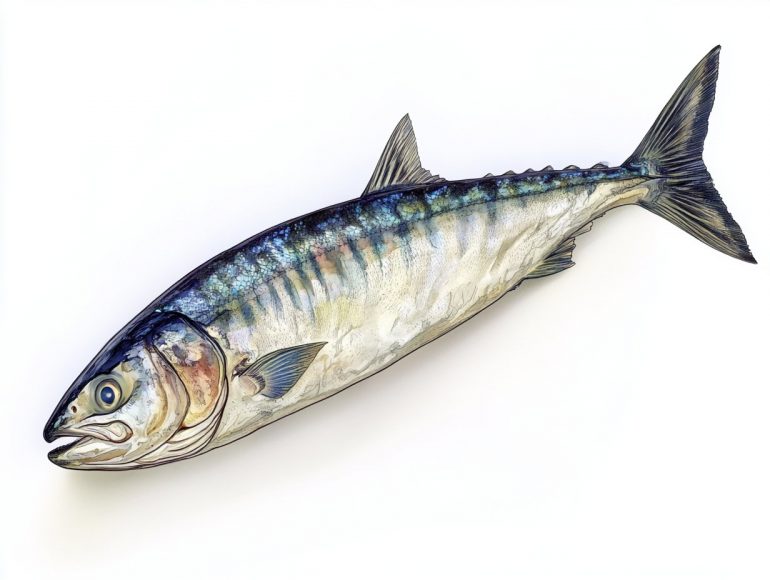Help lower cholesterol and blood pressure by eating five healthiest fish
Experts have named the fish most rich in omega-3 fatty acids, which may help prevent heart disease
Millions of people suffer from high cholesterol and blood pressure – two common health problems that are linked.
People with high cholesterol also develop blood pressure. Cholesterol is a fatty substance in the blood, and as it builds up, your arteries become hard and narrow. The knock-on effect means your heart has to work harder to pump blood, thus causing high blood pressure.
High cholesterol and blood pressure are two of the biggest causes of heart disease, notes Cleveland Clinic. The charity Heart UK says even people who are young, slim and healthy can have high cholesterol.
Medications help a great deal, but lifestyle changes are important too. Along with eating less saturated fat, exercising, and stopping smoking, experts say it’s good to eat foods with a healthier type of fat called saturated fat.
Why are some fish good for high cholesterol?
Fatty fish have a high amount of omega-3 fatty acids which reduce a type of fat in blood called triglycerides.
Omega-3s may also help lower blood pressure and the risk of blood clots, according to the Mayo Clinic, who note that in people who have had heart attacks, the acids may reduce the risk of sudden death.
The acids are beneficial as they may help lower triglycerides and increase ‘good’ cholesterol known as high-density lipoprotein (HDL) cholesterol.
The NHS says that omega-3 fatty acids may help to prevent heart disease. Harvard Health adds that they also protect the heart by helping prevent the onset of abnormal heart rhythms.
Healthiest fish to eat for lower cholesterol
The Mayo Clinic medical organisation, which runs a hospital often dubbed ‘best in the world’, has listed the fish with the highest levels of omega-3 fatty acids:
- Mackerel
- Herring
- Tuna
- Salmon
- Trout
The NHS says a “healthy, balanced diet” should include at least two portions of fish a week, including one of oily fish. On its list of oily fish are:
- Herring (bloater, kipper and hilsa are types of herring)
- Pilchards
- Salmon
- Sardines
- Sprats
- Trout
- Mackerel
Tuna, whether fresh and canned tuna, does not count. Walnuts, flaxseed and canola oil also contain small amounts of omega-3s.
And another benefit of oily fish? They’re a good source of vitamin D.

